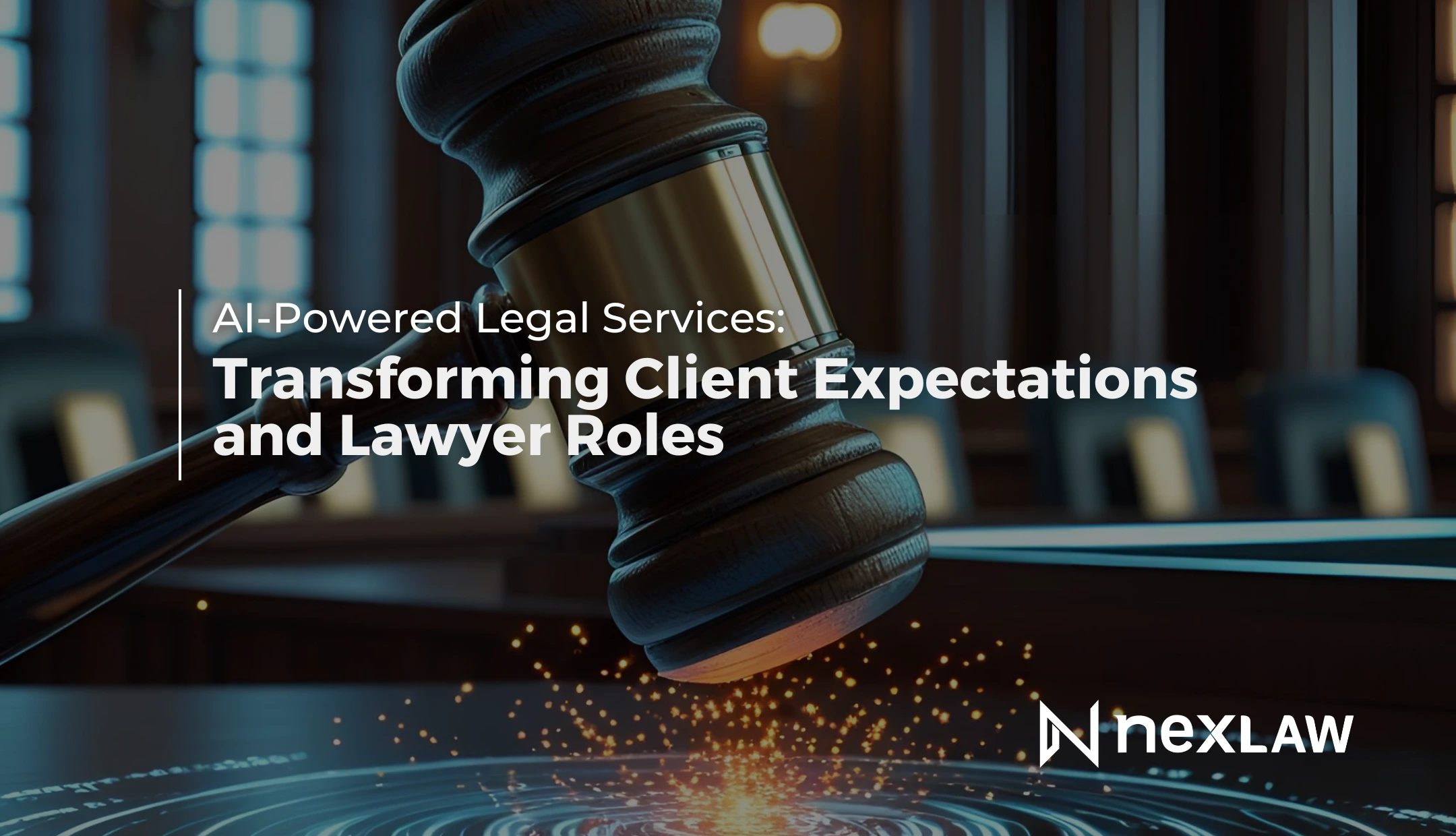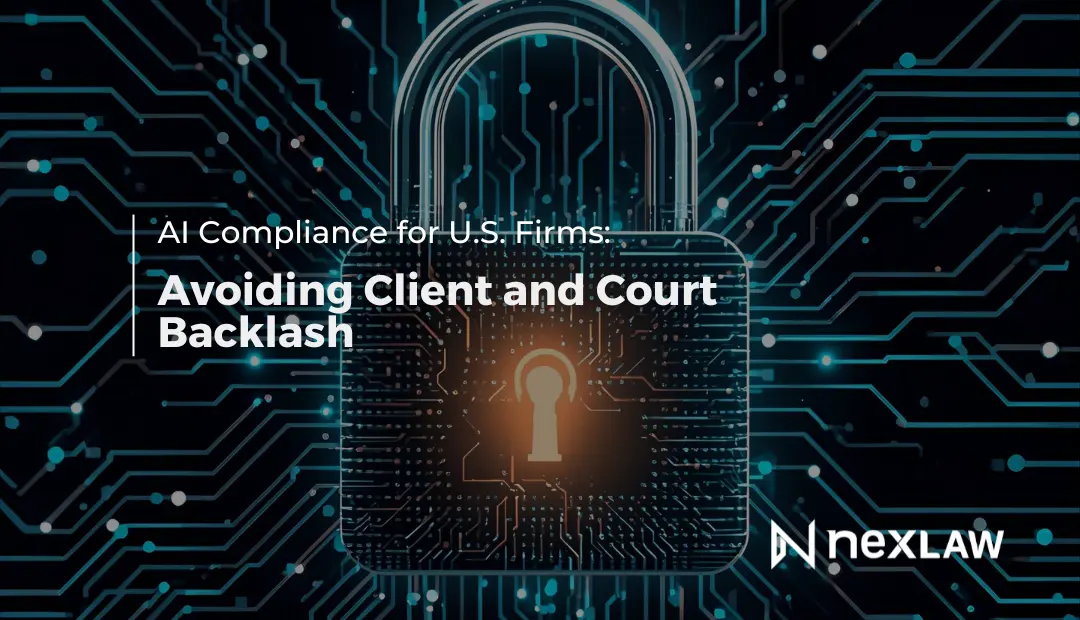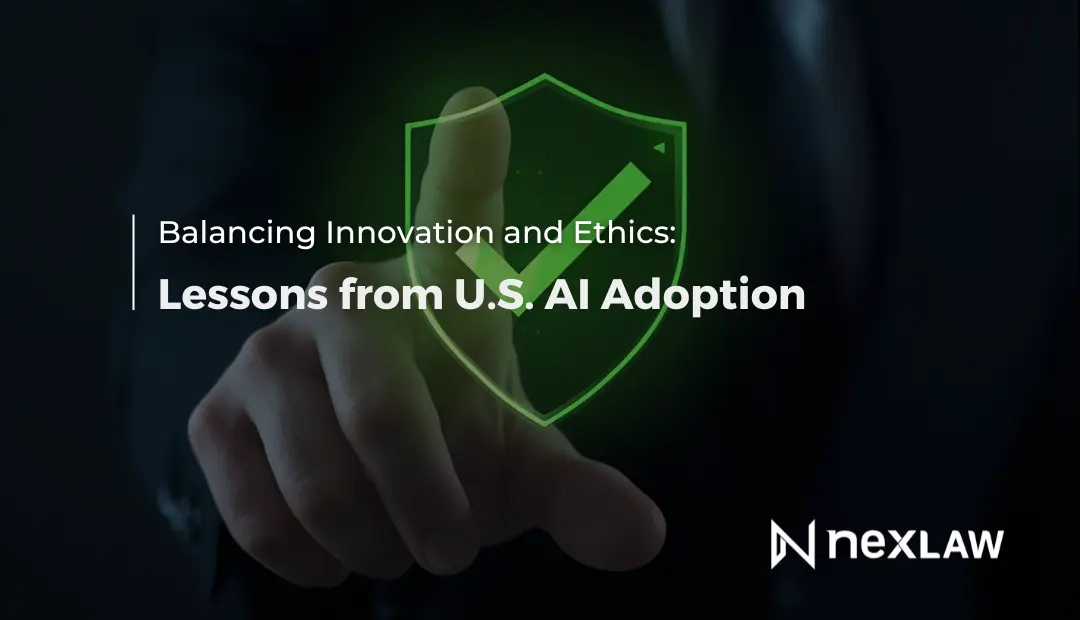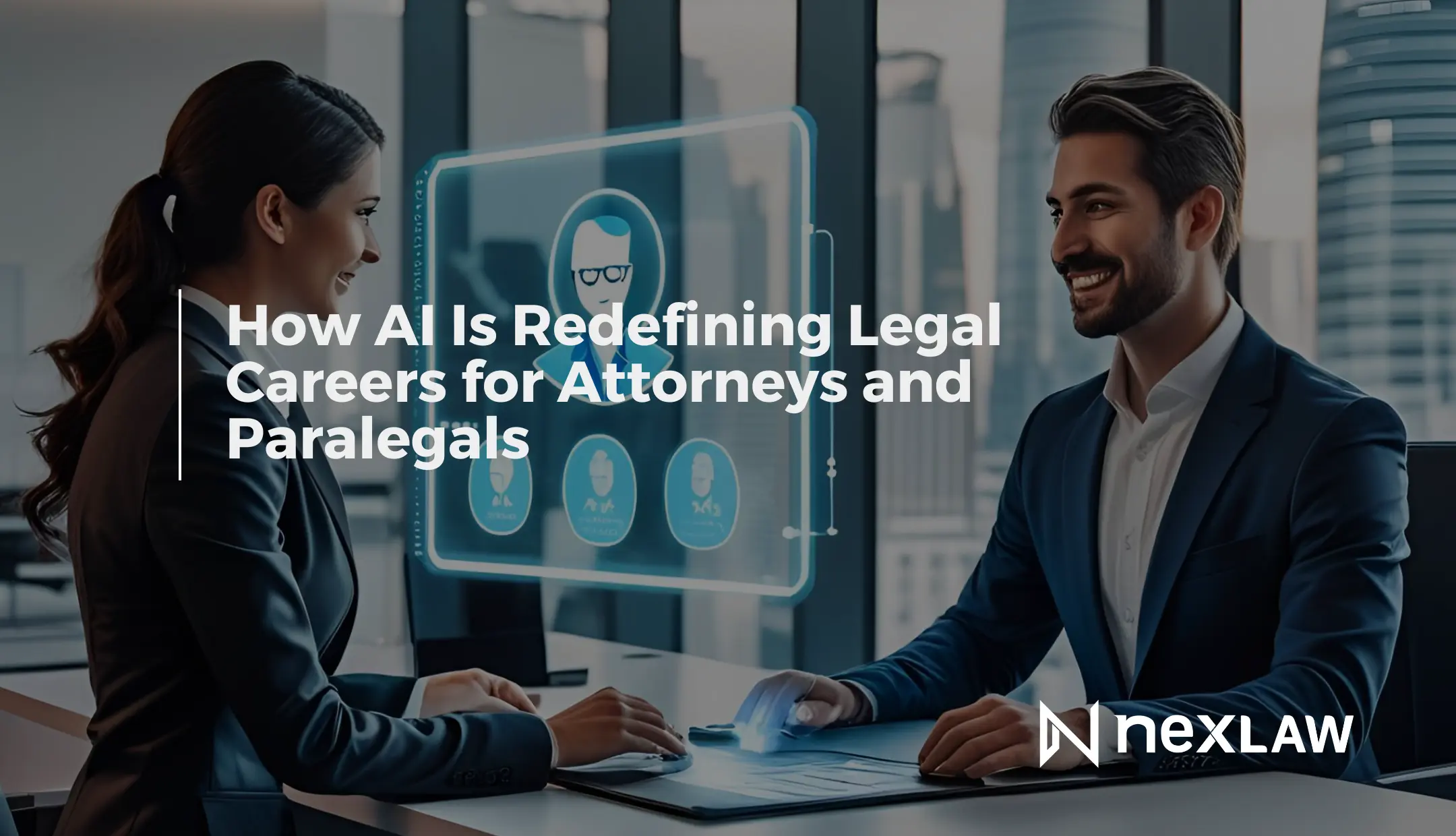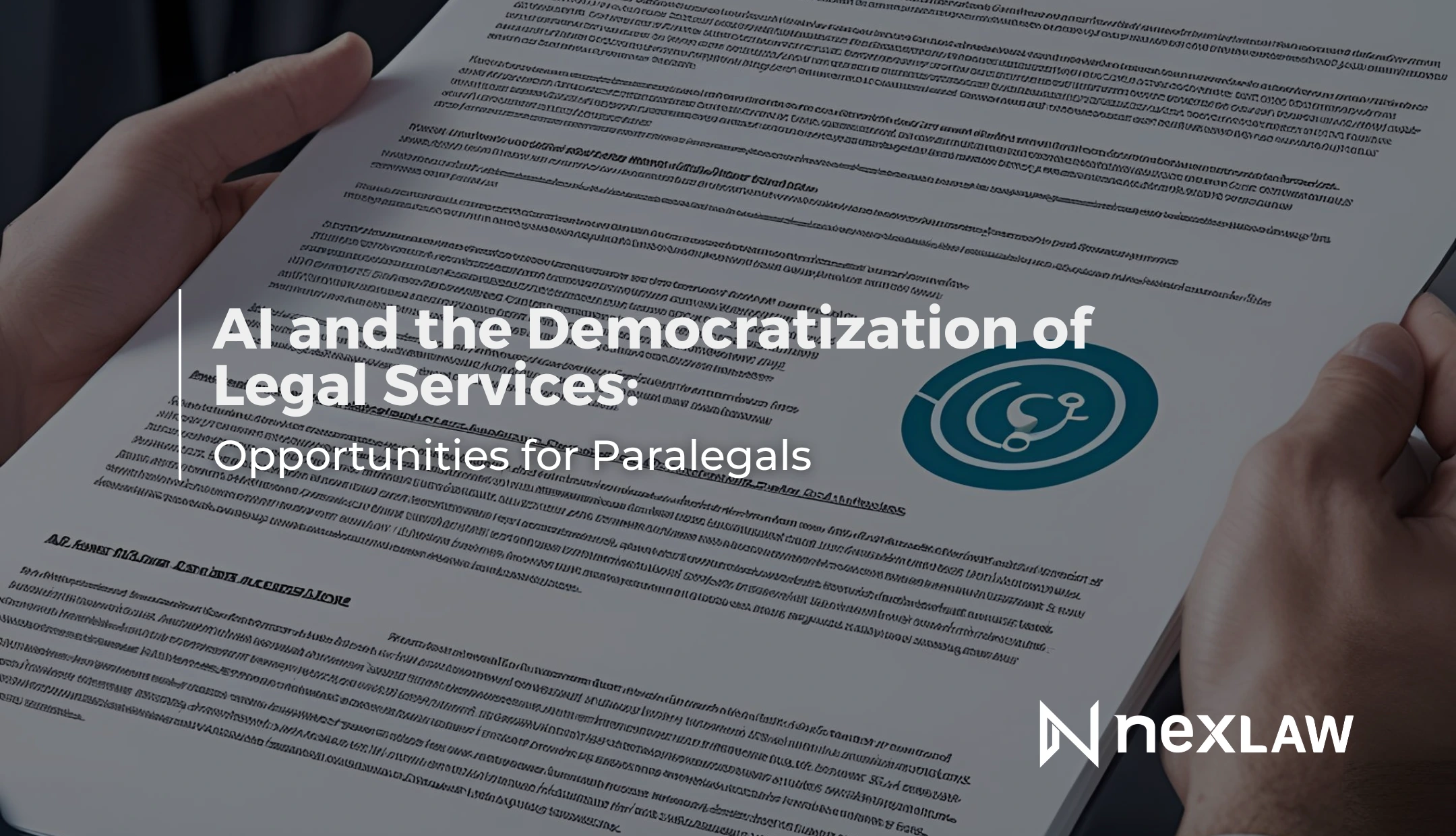AI-Powered Legal Services: Transforming Client Expectations and Lawyer Roles
Artificial intelligence (AI) is revolutionizing the legal industry, reshaping how law firms operate, how lawyers deliver services, and how clients engage with legal professionals. From automating routine tasks to enhancing strategic decision-making, AI is not just a tool, it is becoming an integral part of legal practice. However, with this integration comes a critical responsibility: adhering to ethical standards that ensure competence, confidentiality, and transparency.
Unlock Legal Insights Instantly!
The Rise of AI in Legal Practice
AI technologies, including natural language processing (NLP) and machine learning, are increasingly incorporated into legal workflows. These tools enable legal professionals to automate repetitive tasks, enhance research accuracy, and manage large volumes of data efficiently. For instance, AI-driven platforms can swiftly analyze contracts, identify risks, and flag key clauses, saving valuable time that can be redirected toward strategic, high-value work.
By leveraging AI, law firms can improve operational efficiency and reduce human error, allowing lawyers and paralegals to focus on nuanced legal analysis, negotiation, and strategic decision-making. This shift is particularly valuable in an environment where clients demand faster, more cost-effective legal services without compromising quality.
Transforming Client Expectations
Today’s clients expect responsiveness, transparency, and efficiency. The rise of AI has made it possible for law firms to meet these expectations more consistently. Routine tasks such as legal research, case analysis, and document drafting can now be automated, reducing turnaround times and lowering costs.
For clients, this means quicker access to legal insights and more predictable outcomes. AI-powered platforms also allow for real-time updates on case progress, improving communication between lawyers, paralegals, and clients. Ultimately, AI is enabling a more client-centered approach to legal services, where efficiency and accuracy are standard rather than exceptional.
Redefining Lawyer Roles
As AI takes over repetitive and time-consuming tasks, lawyers and paralegals are freed to focus on areas that require human judgment and expertise. Tasks such as advising clients on complex legal strategies, interpreting nuanced regulations, and negotiating settlements remain squarely within the human domain.
This shift is leading to a more strategic and advisory role for lawyers, emphasizing creativity, critical thinking, and problem-solving. Rather than replacing legal professionals, AI is enhancing their capabilities and allowing them to deliver greater value to clients.
Ethical Considerations and ABA Guidelines
The American Bar Association (ABA) has issued formal guidance on the ethical use of AI in legal practice. Formal Opinion 512 underscores the importance of:
- Competence: Lawyers must understand the capabilities and limitations of the AI tools they use.
- Informed Consent: Clients should be informed when AI is used in their legal matters.
- Confidentiality: Data privacy and client confidentiality must be maintained when utilizing AI tools.
Adhering to these guidelines ensures that AI integration in legal practice remains ethical and compliant, safeguarding both lawyers, paralegals, and their clients.
AI Adoption Among Law Firms
AI adoption in law firms varies based on firm size and resources. Small firms and solo practitioners are increasingly turning to generative AI tools to streamline their work, while larger firms are exploring AI for research, analytics, and client management.
The adoption of AI across firms is not just a technological trend, it reflects a strategic choice to enhance efficiency, accuracy, and client satisfaction. By carefully integrating AI into workflows, law firms can maintain high-quality service while staying competitive in a rapidly evolving legal landscape.
Enhancing Access to Justice
AI-powered tools are also helping bridge gaps in legal access. For self-represented litigants (pro se clients), AI-driven chatbots and platforms can guide users through legal procedures, provide information on document preparation, and explain court processes.
While AI cannot replace professional legal advice, it serves as a valuable resource for individuals navigating complex legal systems without representation. By democratizing access to legal information, AI contributes to a more equitable legal system and empowers individuals to make informed decisions.
The Future of Legal Education
Legal education is evolving to reflect the growing role of AI in practice. Law schools are incorporating courses on AI, legal technology, and data analytics, preparing the next generation of lawyers and paralegals to effectively integrate these tools into their practice.
Programs such as Harvard Law School’s AI and the Law: Navigating the New Legal Landscape equip students with both technical skills and ethical knowledge, ensuring they are prepared for an AI-augmented legal environment.
Key Takeaways
- AI is transforming the U.S. legal industry by reshaping client expectations, redefining lawyer roles, and increasing access to justice.
- Lawyers and paralegals who embrace AI can focus on high-value legal tasks, improve client communication, and operate more efficiently.
- Ethical considerations remain critical. Lawyers and paralegals must stay informed of ABA guidelines, maintain client confidentiality, and ensure they understand the tools they use.
- Properly integrated, AI enhances rather than replaces human legal expertise.
- The adoption of AI in law is no longer optional; it is becoming a defining factor in delivering modern, efficient, and client-centered legal services.
By combining technology with human judgment, the legal profession can meet the challenges of a rapidly changing landscape while preserving the integrity and quality of legal practice.
Take the Next Step with NexLaw
Lawyers who embrace AI today are shaping the legal profession of tomorrow. Whether you’re part of a litigation team, a solo attorney, or a paralegal eager to expand your role, NexLaw makes it possible.
NexLaw is designed to help paralegals and attorneys solo or from small and mid-size prepare cases more efficiently, with greater accuracy and strategic insight.
Book a Guided Demo — See how NexLaw fits seamlessly into your practice and transforms your workflows.
Start a Free 3-Day Trial — Explore NexLaw risk-free and experience firsthand how AI can enhance efficiency, accuracy, and client satisfaction.
GET 15% OFF for annual plans using promo code: ANNIV15MONTHLY or ANNIV15ANNUALY
*t&c applied | visit our website for more details
With NexLaw, the future of litigation is here - AI-powered, accurate, and accessible.
